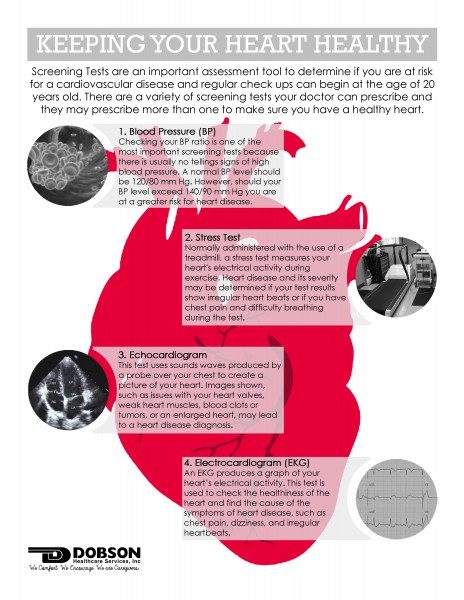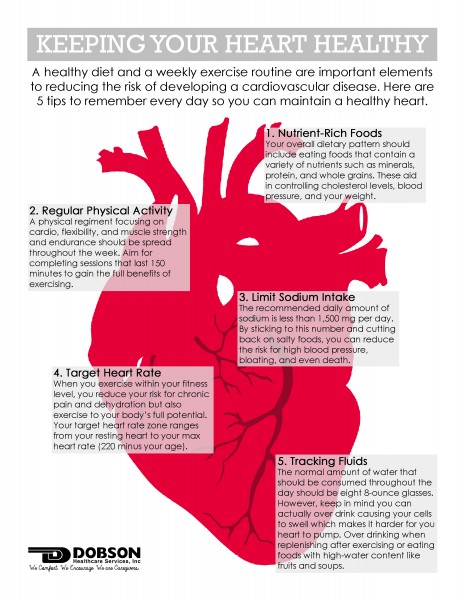When it comes to stroke, every second counts. Nearly 2 million brain cells die each minute a stroke remains untreated! This is why rapid access to medical treatment often times make the difference between full recovery and permanent disability. Rapid treatment allow stroke patients to receive treatment options such as the clot busting drug tPA and highly-recommended stent retrievers for the allotted time window. Studies show that patients who receive treatment fast have a higher chance at full recovery and preventing permanent disability.
The easiest way to remember the warning signs of a stroke is to think F.A.S.T. (Face drooping, Arm weakness, Speech difficulty, Time to call 9-1-1). The American Heart Association/American Stroke Association shared this fun song to help you memorize the acronym.
Stroke.org also shared the following symptoms of a stroke:
- Sudden numbness or weakness of the face, arm, or leg (especially on one side of the body)
- Sudden confusion, trouble speaking, or understanding
- Sudden trouble seeing in one ye or both eyes
- Sudden trouble walking, dizziness, loss of balance or coordination
- Sudden severe headache with no known cause.
Want more info about strokes? Read the “5 Things to Know About Strokes” and then test your stroke warning signs knowledge by taking the Stroke Hero-Super Power Quiz!
National Stroke Association (n.d.) “Signs and Symptoms of a Stroke.” Retrieved May 23, 2016 from www.stroke.org/understand-stroke/recognizing-stroke/signs-and-symptoms-stroke
American Stroke Association (n.d.) “Stroke Warning Signs and Symptoms.” Retrived May 23, 2016 from www.strokeassociation.org/STROKEORG/WarningSigns/Stroke-Warning-Signs-and-Symptoms_UCM_308528_SubHomePage.jsp
According to the National Heart, Lung, and Blood Institute, a diagnosis of a cardiovascular disease is “…based on your medical and family histories, your risk factors, a physical exam, and the results from tests and procedures” (National Heart, Lung, and Blood Institute, 2014). Below you will find a brief explanation of a few of these screening tests. If you feel you are at risk for heart disease, we encourage you to talk to your doctor about these tests, his or her recommendation for you, and what the results of the test(s) will mean.
American Heart Association. (2014, October 21). Heart-Health Screenings. Retrieved February 18, 2016.
American Heart Association. (2015). What is a Stress Test? Retrieved February 18, 2016.
National Heart, Lung, and Blood Institute. (2012, February 29). The Heart Truth® for Women: If You Have Heart Disease. Retrieved February 18, 2016.
National Heart, Lung, and Blood Institute. (2014, April 21). How Is Heart Disease Diagnosed? Retrieved February 18, 2016.
National Heart, Lung, and Blood Institute. (2011, October 31). What Does Echocardiography Show? Retrieved February 18, 2016.
WebMD. (2014, August 13). Heart Tests: When Do You Need Them? Retrieved February 18, 2016.
WebMD. (2014, September 26). What Is an Electrocardiogram (EKG or ECG) Test? Retrieved February 18, 2016.
Photo: Blood Clotting Nemesis of Life. (n.d.). Retrieved February 18, 2016.
Photo: Gwinnett Clinic. (n.d.). Cardiac Testing. Retrieved February 18, 2016.
Photo: Echocardiographer.org. (n.d.). Transthoracic Echo. Retrieved February 18, 2016.
Photo: ECG Wave-Maven. (2015, June 6). Diagnostic Cardiac Catheterization and Coronary Angiography. Retrieved February 18, 2016
American Heart Association, The. (n.d.). Sodium and Your Health. Retrieved February 09, 2016
American Heart Association, The. (2016, January 13). Target Heart Rates. Retrieved February 09, 2016.
American Heart Association, The. (2016, January 20). The American Heart Association’s Diet and Lifestyle Recommendations. Retrieved February 09, 2016.
CardioSmart. (2015, February). Heart Failure: How to Limit Your Fluids. Retrieved February 9, 2016.
Fardy, S. (n.d.). Why monitoring your heart rate is so important! Retrieved February 09, 2016.
Walters, J. (n.d.). Is It Possible to Drink Too Much Water? Retrieved February 09, 2016.


